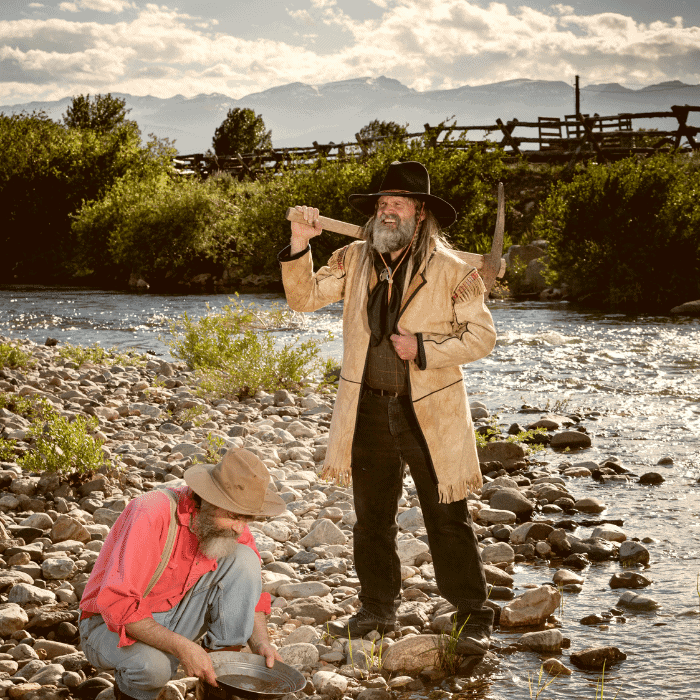Your cart is currently empty!

I am glad that I got help. Behavior therapy was like having a second teacher that goes to your house, only they don’t teach math. They teach you coping skills. Coping skills are methods used to calm yourself down in stressful situations. I learned coping skills very easily, as coping skills are just stuff like drawing and taking a walk. But the problem was that I had trouble responding to situations in an appropriate way. My aid would ask me scenarios about what I would do in certain situations. A scenario would be like “You didn’t get a good grade on the test, what do you do?” These questions seemed really silly. Of course I knew what to do! I had it reiterated hundreds of times. I answered as any sensible person would, but the problem was that I didn’t act correctly when the real situation happened. For example, if I was given the scenario I talked about earlier, I said “Calm down” but if I actually got a bad grade on a test, I would freak out and not calm down. But it all takes practice. My mom says “You are what you watch and do” or something like that. Basically, if you watch something or do something over and over, your choices are influenced by that stuff. I did those coping skills and scenario situations a million times over and it was boring. But it was making a difference in my behavior. What I was doing in ABA was actually translating over in the real world. I got “take deep breaths” and “use perspective taking” pounded into me so many times that I even just picked it up. I don’t know how to explain it. I just started using all of the skills my aids taught me after lots of repetition. And looking back, I’m glad I did that.
Responses to “”
YgFmMtIms8y
7SwwjQpl7NH
bbF0N9Ud6Iz
fAkF0HgezPG
1ejqxmnjcVy
zojc7kESUtv
QlNSb5ec6R0
ux04O5sVGnO
y87JPSc2isu
GQWDho6l75R
fY4bBFjmXaT
rVzqf3iHsfy
dMwPMKvWOuD
hmrTn7D5HBF
7Zts9E1fwW5
kWuLDfAkeok
wm21qisCc8H
YyLNkfkKXMY
5A59tKEOf98
dRfhbC6VZ6H
TehtOKgQa82
Id1ngaHymHP
zUhvr0IGves
oMzrdhu7WVL
u0LA3qoaryI
2CulKQAzHvm
5yV8IwJsrqC
DsMHP7y6jV7
Mgy8rr0qRU0
pSmFvUTrNcT
TpmSDOOkCOD
OCv2OAqCh93
PcXEBNO4kDS
BFWv0ZBiDR1
YYPJPeSChIF
Thanks for sharing. I read many of your blog posts, cool, your blog is very good.
I don’t think the title of your article matches the content lol. Just kidding, mainly because I had some doubts after reading the article.
Your point of view caught my eye and was very interesting. Thanks. I have a question for you.
Touched by what you read? Join the conversation!
-
Developing Emotional Intelligence in Children
Emotional Intelligence means we are in tune with our emotions and use this information to deal with them in the most effective and healthy way possible. The challenges of the past few weeks, and uncertainty of the near future is possibly some of the most emotionally difficult time you and your family have experienced. There…
Read more >> about Developing Emotional Intelligence in Children
-

Don’t just talk a big game. Make it happen.
Imagine it was 1848, and you found the biggest gold mine, and told everyone about it. You were right—the motherload of gold was there, but you never carry through and took any action. Instead of living the rest of your life covered in gold, you watched people who heard about your discovery do the hard…
Read more >> about Don’t just talk a big game. Make it happen.
-

The Constant of Change
“The grass is not greener on the other side. It’s greener where you water it.” I really like this quote. It’s human nature to complain, and not appreciate things until we lose them. When we complain, we are not living in the moment. Whatever situation you’re in, know what you have and make the most…



Leave a Reply